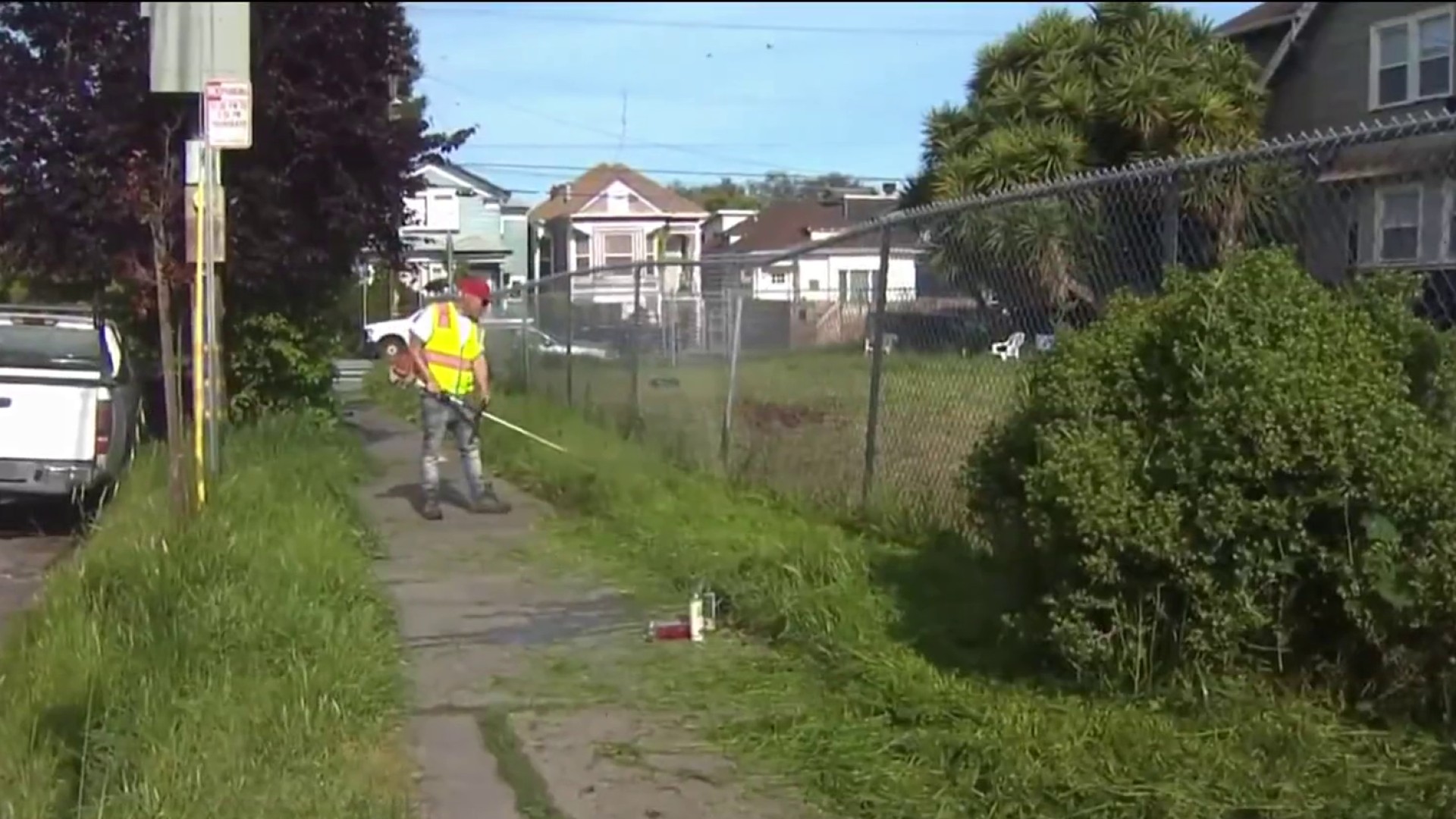Stay calm and steady. We Californians are about to hear the word "volatile" so much we could blow our stacks.
With multiple tax initiatives circulating for the signatures necessary to make next November's ballot, California is about to have a tax debate. And that debate won't just be about whether taxes should go up, as several of the measures suggest. You'll also hear a robust debate about whether taxes are too volatile.
What's tax volatility? This is the term used to describe tax systems where the revenues aren't steady and predictable; instead they rise and fall, abruptly and unpredictably. California's tax system is such a system, and many voices -- both Democrats and Republicans -- have blamed the state's budget problems on this volatility.
The argument is that because California taxes rich people more -- and because rich people's incomes can have big variations from year to year -- the state has become too dependent on the volatile tax receipts of the rich. The volatility also creates temptation: in good years, a surge in revenues leads to overspending by the legislature. In bad years, big drops in revenues leads to hurtful cuts.
This argument has become quite fashionable; it's part of the thinking that underpins the Think Long Committee's proposal to cut income tax rates while extending the sales tax to services. A flatter tax system, the theory goes, will produce steadier, more predictable revenues.
There's also a counter-argument: that the volatility of a tax system isn't a problem. It's a feature. Progressive taxation takes more money from people who have it already -- and thus can afford taxes. Flatter systems shift more of the burden of paying programs from those who earn money from investment -- the wealthy -- to those who earn money from work.
But volatility in a tax system is more helpful if it's combined with a budget system that captures its benefits. California has various rainy day funds -- but it needs a larger, strong rainy day fund to capture the tax windfall from good years and apply it to bad years.
Local
As it happens, a rainy day fund proposal was supposed to appear on next year's ballot, with tax proposals. But it was moved to 2014.



